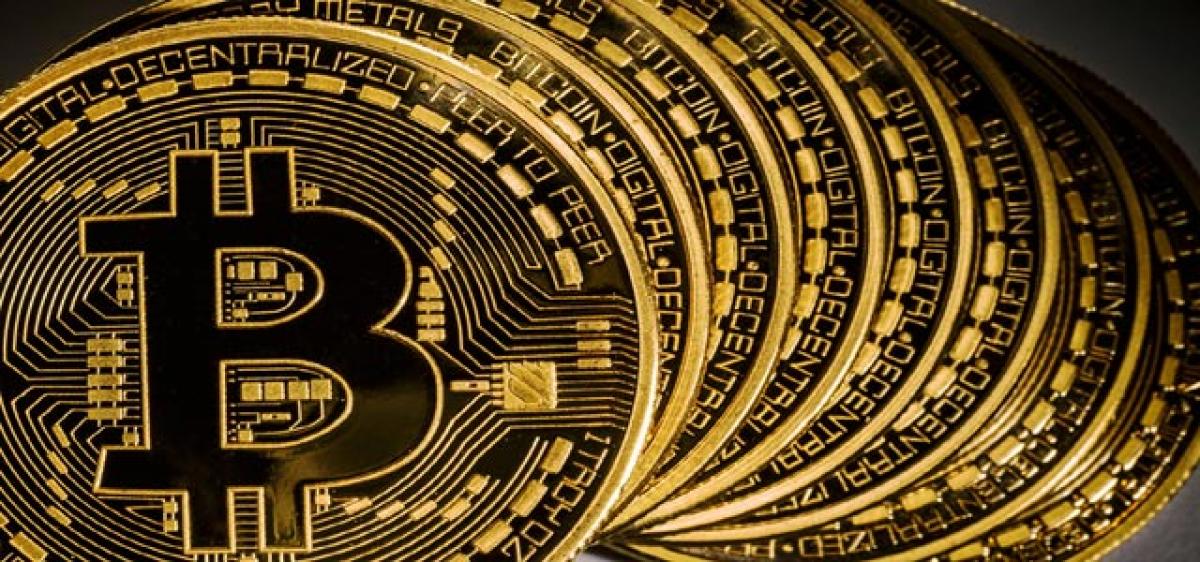Live
- Sports enthusiasts encouraged to focus on achieving their goals
- SC agrees to hear plea related to Delhi pollution
- Srikakulam: Cooperative Week celebrations take off
- National Library Week celebrations begin
- Bringing joy to MPP schoolchildren
- Contaminated food worth Rs 52,000 disposed
- BJP MLA warns of protest over Panchamasali reservation demand
- Sunspots and solar flares can affect Earth’s surface
- Discom staff neglect jungle clearance at poles
- Experts at COP29 urge India to tackle short-lived climate pollutants
Just In

Bitcoin, the controversial digital currency, looks poised to break the $1,000 barrier quite an achievement for a product considered close to dead not that long ago amid a series of embarrassing headlines.
Bitcoin, the controversial digital currency, looks poised to break the $1,000 barrier quite an achievement for a product considered close to dead not that long ago amid a series of embarrassing headlines. The price has surged 122 per cent in 2016. Bitcoin is probably the best-known digital currency. The basic idea is that you can use it to pay for things without a third-party broker, like a bank or government.
Think of bitcoin like one big ledger shared by all the users: When you pay for something with bitcoin, or get paid, then your transaction is recorded on the ledger. Computers then compete to confirm the transaction by solving complex math equations, and the winner is rewarded with more bitcoins. The process is known as “mining,” but don’t get too wrapped up in that: Only the computer powerhouses get their bitcoins this way.
The currency made its debut in relative obscurity at the start of 2009, when the financial crisis was still raging. The idea was to take power out of the hands of the central bankers and governments who usually control the flow of currency. The bitcoin protocol and reference software was purportedly created by a person or group of people known as Satoshi Nakamoto. Nakamoto denied the report and said he barely knows what bitcoin is.
How does it work? You’ll have to install a “bitcoin wallet” app on your phone or computer, then buy them from a bitcoin exchange, according to http://www.marketwatch.com/. Once you have installed a Bitcoin wallet on your computer or mobile phone, it will generate your first Bitcoin address and you can create more whenever you need one.
You can disclose your addresses to your friends so that they can pay you or vice versa. In fact, this is pretty similar to how email works, except that Bitcoin addresses should only be used once. The block chain is a shared public ledger on which the entire Bitcoin network relies, according to https://bitcoin.org.
The bitcoin exchanges are vulnerable to hacking. Just look at Mt. Gox, which collapsed after it managed to lose some 650,000 bitcoins, or Vircurex, which halted withdrawals after a run on the bank, so to speak. And if something like that happens, good luck getting your money back, thus cautions www.marketwatch.com.

© 2024 Hyderabad Media House Limited/The Hans India. All rights reserved. Powered by hocalwire.com







